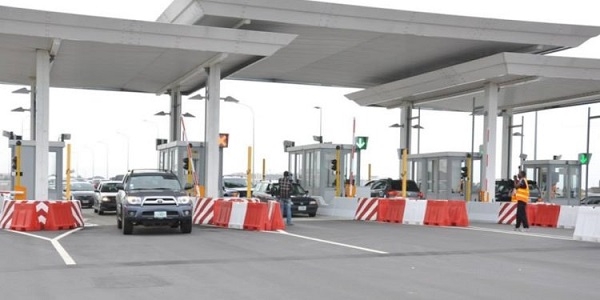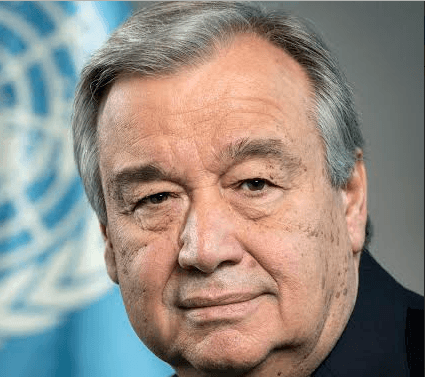Tinubu's mining reforms deliver N38bn revenue surge in 2024, says Alake

Nigeria’s solid minerals sector is undergoing a dramatic transformation under President Bola Ahmed Tinubu’s administration, generating over ₦38 billion in revenue in 2024—up from ₦6 billion the previous year—despite receiving just 18% of its budgeted funds.
This was disclosed by the Minister of Solid Minerals Development, Dr. Dele Alake, during a feature interview for an upcoming State House documentary marking the President’s second anniversary in office.
Dr. Alake revealed that the sector attracted more than $800 million in foreign direct investment in 2024 alone, driven by Tinubu’s policy of local value addition, stringent licensing reforms, and aggressive enforcement against illegal mining.
According to a statement issued on Sunday by Special Adviser to the President on Information and Strategy, Bayo Onanuga, Alake said, “The days of exporting raw minerals from pit to port are over. No miner gets a license today without a clear plan for local processing.”
Key among the landmark investments are a $600 million lithium processing plant near the Kaduna-Niger border scheduled for commissioning this quarter and a $200 million lithium refinery on the outskirts of Abuja, which is nearing completion.
Two more processing facilities in Nasarawa are expected to come online before the third quarter of 2025.
The Minister credited the sector’s turnaround to reforms that prioritise beneficiation, exploration, and formalisation of artisanal mining, alongside the strategic tightening of the licensing regime.
“When we assumed office, the entire sector generated ₦6 billion annually. By the end of 2024, we hit ₦38 billion—and this was with just 18% of our ₦29 billion allocation released,” Alake said.
According to the Minister, revenue generation continues to rise in 2025, with the Mining Cadastral Office and the Mines Inspectorate reporting ₦6.9 billion and ₦7 billion, respectively, in the first quarter alone.
Alake projected 2025 to be a record-breaking year, citing a ₦1 trillion allocation toward mineral exploration.
He emphasised that credible geological data is key to attracting serious global investors.
“When we came in, Nigeria had spent only $2 million on exploration, compared to $40 million in Sierra Leone, $148 million in Côte d’Ivoire, and over $300 million in South Africa.
That’s why investors stayed away. We’re changing that.”
Beyond revenues, Alake highlighted the administration’s commitment to job creation and industrialisation through the mining value chain.
Over 250 mining cooperatives have been established to absorb informal miners into the formal economy, he said.
“While over 300 illegal miners were arrested last year, with 150 ongoing prosecutions and nine convictions, we’re also empowering locals through formalisation. That’s the dual strategy: enforcement and empowerment,” he explained.
Dr. Alake also revealed Nigeria’s emerging leadership role in continental mining policy, chairing the newly formed African Mineral Strategy Group.
This bloc, he said, is focused on promoting local value addition and pushing back against exploitative trade practices.
“Our leadership at the 2024 Future Minerals Conference in Riyadh was pivotal. Africa is saying: no more raw material exports without domestic beneficiation. Nigeria is at the forefront of that charge”, he said.
Global interest in Nigeria’s critical minerals—especially lithium—is rising fast.
Alake disclosed that major countries, including the United Kingdom, the United States, Saudi Arabia, and the UAE, have expressed strong interest in Nigeria’s mineral assets.
“The former British Deputy Prime Minister invited me to Downing Street to discuss their interest in Nigerian lithium. The U.S. is also keen to diversify from China and sees Nigeria as a strategic alternative,” he said.
According to him, the Mining Cadastral Office received over 10,000 licensing applications from both local and foreign investors in the first quarter of 2025 alone—a testament to the renewed confidence in Nigeria’s solid minerals sector.
“This sector is now a cornerstone of the President’s economic diversification strategy. We are restoring confidence, enforcing the law, building data, and turning mineral wealth into jobs, revenue, and technology for Nigerians,” Alake concluded










